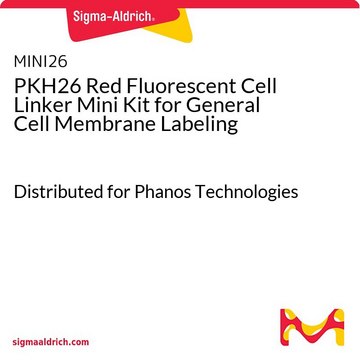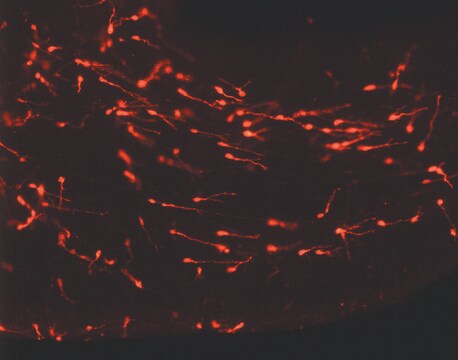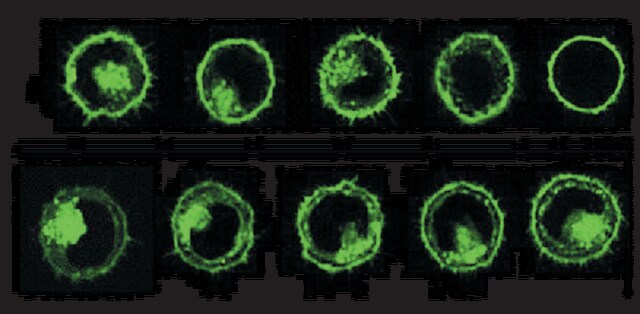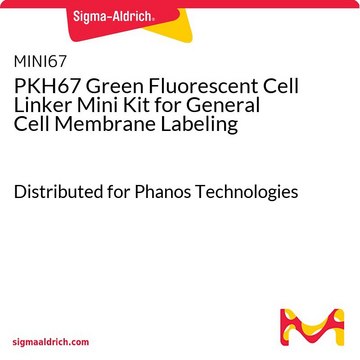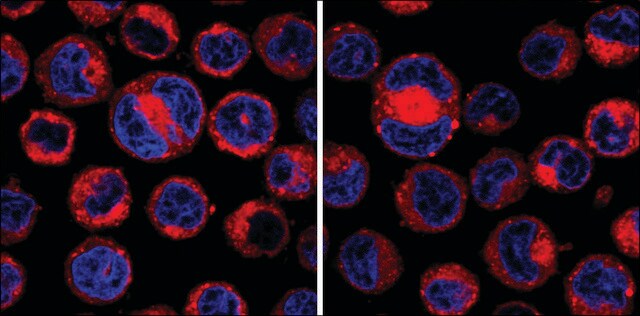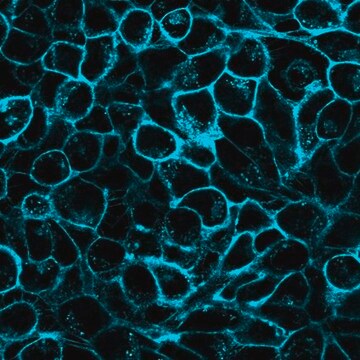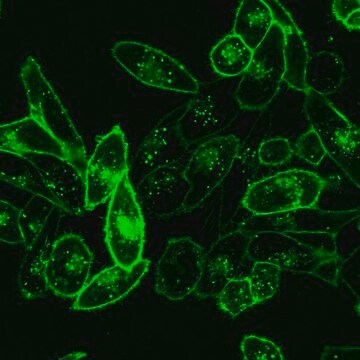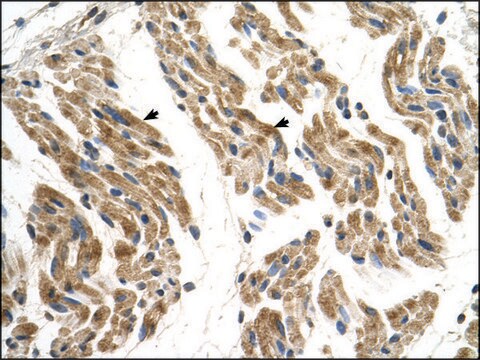CGLDIL
Diluent C for General Membrane Labeling
Distributed for Phanos Technologies
Sinónimos:
PKH diluent
About This Item
Productos recomendados
Quality Level
form
liquid
storage condition
dry at room temperature
technique(s)
flow cytometry: suitable
application(s)
cell analysis
detection
detection method
fluorometric
shipped in
ambient
Application
Linkage
Legal Information
Solo componentes del kit
- Diluent C 6 vial(s)
Elija entre una de las versiones más recientes:
¿Ya tiene este producto?
Encuentre la documentación para los productos que ha comprado recientemente en la Biblioteca de documentos.
Los clientes también vieron
Artículos
A video about how you can use fluorescent cell tracking dyes in combination with flow and image cytometry to study interactions and fates of different cell types in vitro and in vivo.
PKH and CellVue® Fluorescent Cell Linker Kits provide fluorescent labeling of live cells over an extended period of time, with no apparent toxic effects.
Nuestro equipo de científicos tiene experiencia en todas las áreas de investigación: Ciencias de la vida, Ciencia de los materiales, Síntesis química, Cromatografía, Analítica y muchas otras.
Póngase en contacto con el Servicio técnico